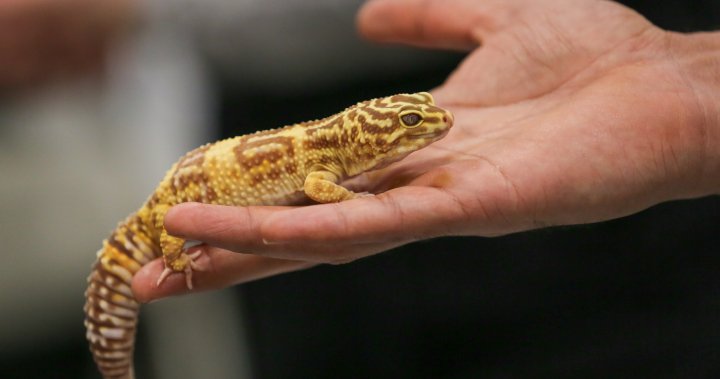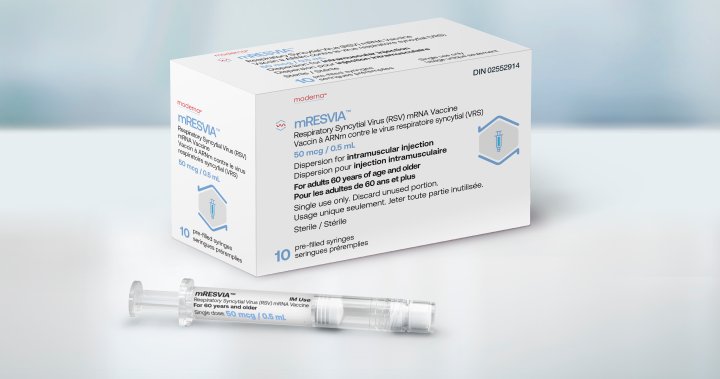A salmonella outbreak linked to reptiles has left one person dead and three others hospitalized in Canada.
The Public Health Agency of Canada said at least 25 people have been infected across seven provinces in this outbreak, which is the second one linked to geckos this year.
Cases have been reported in British Columbia, Alberta, Manitoba, Ontario, Quebec, Nova Scotia, and Newfoundland and Labrador.
“Many of the individuals who became sick reported having direct or indirect contact with geckos, or the environments where these pets are kept, before their illnesses occurred,” PHAC said in a public health notice Friday.
“Some people who became sick did not touch or handle the geckos themselves, but lived in the same house where they were kept.”
The illnesses occurred between August 2020 and September 2024. Most of the people infected were females (64 per cent) and in the age range 1 to 103.
An investigation into the outbreak is ongoing and PHAC said that the number of cases is likely higher than what has been reported so far.

Salmonella is a bacterial infection commonly transmitted through contaminated food and water and it poses a significant health threat, especially to children and older adults, as it can lead to severe gastrointestinal symptoms, dehydration, and, in extreme cases, death.
People can also get sick with salmonella infection by directly touching reptiles or their environments, as well as through indirect contact by touching contaminated surfaces where these animals are kept.

Get weekly health news
Receive the latest medical news and health information delivered to you every Sunday.
This could happen at birthday parties, school or daycare events, museums, science centres, zoos, or at a travelling reptile show, PHAC said.
To prevent infection, the agency has the following advice among other recommendations in its public health notice:
- always wash your hands thoroughly with soap and water immediately after touching a reptile or rodent, and anything they eat, or after being in the area where they live, play or touch
- if visiting an exhibit or event with reptiles, wash your hands when you leave animal areas, even if you do not touch the animals directly
- clean any surfaces or objects your reptile or rodent touches with soapy water followed by a household sanitizer
- never kiss a pet reptile
- always supervise children when they touch or play with reptiles
- keep reptiles and rodents and all their food, containers, enclosures, and any objects that have been in their enclosures, such as plants or enrichment items, away from the kitchen and other places where food is made or eaten
- clean or bathe reptiles in a dedicated plastic bin, not in the kitchen or bathroom sink
Symptoms of salmonella infection typically start between six and 72 hours after exposure and can last anywhere from four to seven days, according to PHAC. They may include fever, chills, nausea, vomiting, diarrhea, headache, or abdominal cramps.
If you suspect you have salmonella, PHAC recommends seeing a health-care provider.
Most people recover on their own after a few days without any medical treatment, the agency said.
At least 36 people got sick with salmonella infection between March 2020 and March 2024 in a separate outbreak linked to geckos.
The salmonella strain of that outbreak was traced back to a gecko habitat at a home of a person who got sick.
© 2024 Global News, a division of Corus Entertainment Inc.







